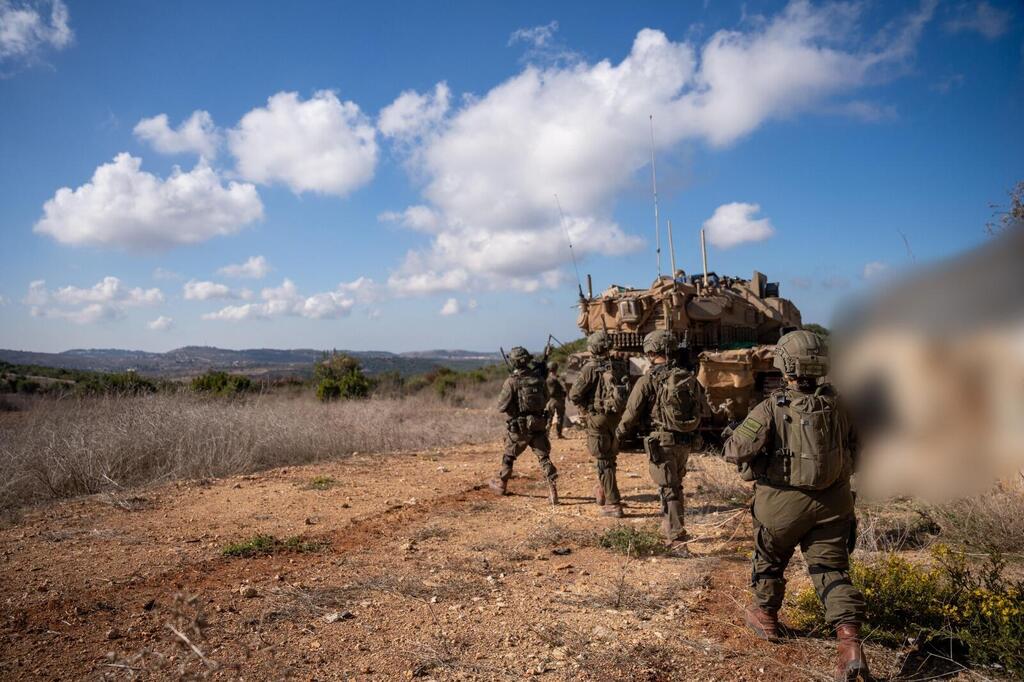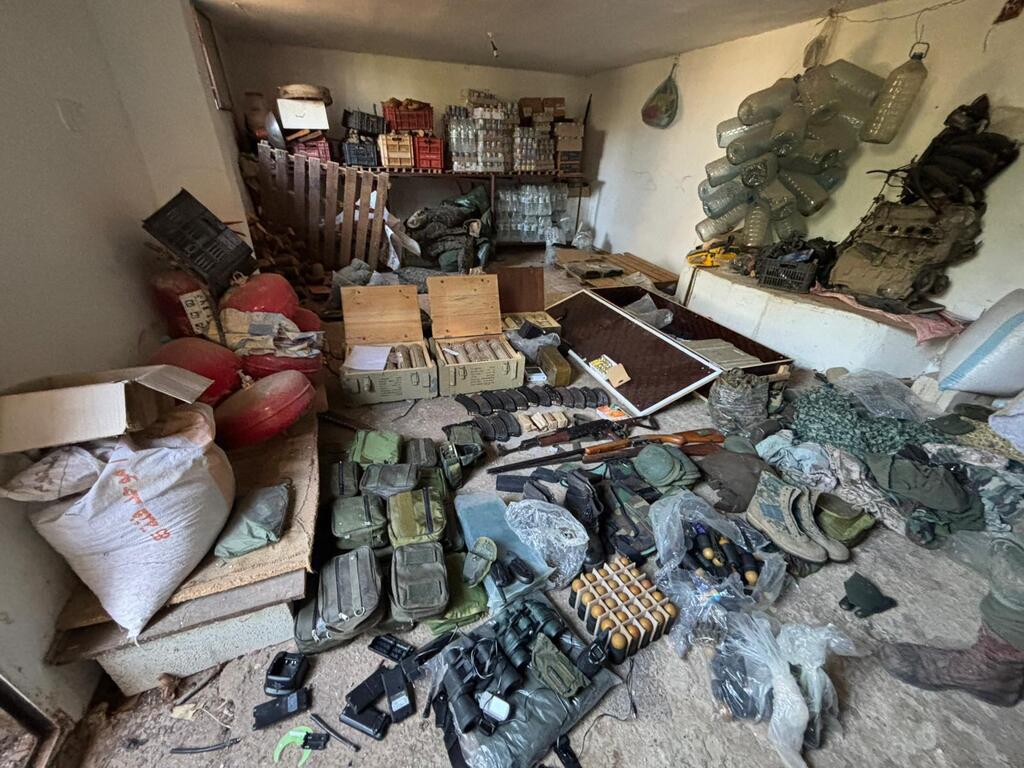A new term has quietly entered our daily lives and become widely accepted: “settlement.” On the surface, it sounds positive—promising order—but in reality, it currently offers little substance. It’s worth pausing to reflect on what this term truly means.
The trauma of October 7 rightly shifted attention to the south and provided broad Israeli legitimacy to reclaim territory from Gaza—a perimeter where the IDF maintains a presence. This move isn’t solely for security but also reflects a strategic approach: land is what our enemy values most, and losing it is their greatest pain.
The Israeli public is largely united in its resolve to seize land from Gaza, both to bolster national security and to make the enemy pay a tangible price. This sentiment is evident even in the public’s attitude toward hostage deals—policies advocating a complete withdrawal or a halt to the war have not resonated. This is reflected in the weak support for opposition figures and their allies, including former defense minister Yoav Gallant.
In the north, there seems to be an assumption that a settlement is imminent—a notion that runs counter to every Israeli instinct for survival. The absence of civilian massacres, soldier deaths, rapes, beheadings or kidnappings in the north before the war doesn’t mean the war there should be halted.
Some, including military officials, argue that Hezbollah’s elite Radwan forces no longer have the capability to launch a Hamas-style invasion in the north. While true, what happens if the IDF withdraws from Lebanon now? History shows that even a small opening for terror groups can lead to a full breach.
Hezbollah, battered but far from defeated, would return its fighters to the villages, rebuild its strength, fortify its defenses with UNIFIL's cooperation, and once again pose a threat to northern residents within months. The fears of slaughter and kidnappings might subside briefly, only to resurface, not to mention the continued rocket fire. Kornet anti-tank missiles now have limited range, but drones—fully capable weapons—can strike anywhere.
Relying on UNIFIL to protect Israel is as absurd as putting UNRWA personnel in charge of security at the Nova music festival. From a realistic post-October 7 perspective, a meaningful settlement in the north is not imminent.
The current talk of a settlement hinges on Israel's ability to enforce deterrence in the north. But experience has taught Israelis the limits of such enforcement. Similar promises were made about Gaza rocket fire after the 2005 disengagement and about Arab terrorism during the Oslo Accords. The claim that a settlement is viable if Israel secures its requested enforcement conditions might hold up for a year—at most.
At the start of the war, Prime Minister Benjamin Netanyahu, Benny Gantz and others spoke of a "new Middle East." But when it comes to Lebanon, the only way to achieve such a vision is to clear the country of Hezbollah and other armed militias.
A plan akin to UN Resolution 1559, which called for disarming terrorist groups and restoring Lebanon to its more stable past, remains the ideal. However, Lebanon as a state is still incapable of confronting Hezbollah and other terror organizations on its own. It requires Israel—or moderate Arab forces—to do the heavy lifting.
Relying on UNIFIL to protect Israel is as absurd as putting UNRWA personnel in charge of security at the Nova music festival. From a realistic post-October 7 perspective, a meaningful settlement in the north is not imminent. The much-promised "new Middle East" is nowhere in sight.
While it’s clear that a settlement will eventually come, the question is whether now is the time. All signs suggest it isn’t—not even soldiers and officers believe it is. At the same time, the reality remains that reservists are exhausted, and more forces are needed.
The ideal scenario would involve advancing modestly—around 10 kilometers—seizing that territory as Israel did in Gaza, and establishing a perimeter there. Over time, this could evolve into an upgraded buffer zone, allowing forces to be withdrawn and residents to return to the north.
Yet, for some reason, there are those allergic to the terms "perimeter" and "buffer zone," favoring the more palatable "settlement." It sounds better, but in reality, it’s little more than a dangerous illusion.
Get the Ynetnews app on your smartphone: Google Play: https://bit.ly/4eJ37pE | Apple App Store: https://bit.ly/3ZL7iNv




